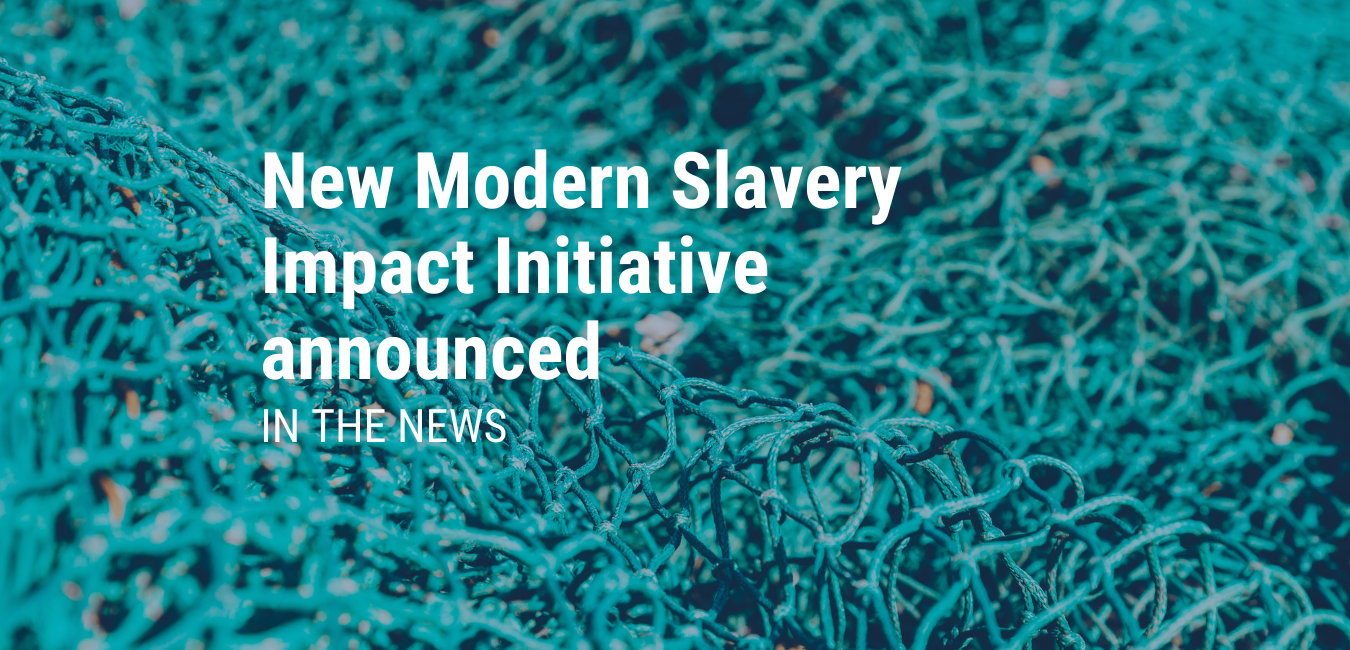
Business & Human Rights, News
Global momentum grows around National Action Plans (NAPs) on Business and Human Rights: US, Italy, Switzerland and Germany publish NAPs
UN Global Compact Network Australia | December 21, 2016
Global momentum around National Action Plans (NAPs) on business and human rights continues to grow, with the recent release of NAPs by the US, Italian, Swiss and German governments. They join other countries with NAPs, including the UK, Netherlands, Denmark, Spain, Finland, Lithuania, Sweden, Norway and Colombia.
US National Action Plan on Responsible Business Conduct
After two years of consultations involving government departments, business, civil society, labour and industry organisations and academia, the US government has released the United States’ National Action Plan on Responsible Business Conduct.
The US NAP aims to promote and incentivise responsible business conduct, taking a broader scope than some countries’ NAPs which more specifically focus on human rights and the implementation of the UN Guiding Principles on Business and Human Rights.
The US NAP is organised into five categories of action, under which new actions and ongoing commitments and initiatives are outlined.
- Leading by example. This includes promoting responsible business conduct and the UNGPs globally, including through multilateral agreements and diplomacy, leveraging the US Government’s purchasing power to promote high standards and conducting due diligence in US developing funding and trade finance.
- Collaborating with stakeholders. This includes supporting, promoting and improving the value of key multi-stakeholder initiatives, and initiatives to promote workers’ voices through global supply chains including new reporting tools to empower workers to directly report issues in federal supply chains to relevant government departments.
- Facilitating responsible business conduct by companies. This includes improving the Government’s provision of country-level profiles to support better due diligence by companies, additional training for diplomats on responsible business conduct issues, capacity building and technical support around key issues such as responsible land-based investment and stakeholder engagement in extractive industries, and support for voluntary reporting by companies on responsible business conduct.
- Recognising positive performance. This includes new initiatives to recognise best practice.
- Providing access to remedy. This includes exploring and enhancing platforms for remedy including improving the performance of the US National Contact Point for the OECD Guidelines for Multinational Enterprises and stakeholder consultations on improving access to effective remedy.
Some civil society organisations have raised concerns about the US NAP’s offshore focus, with little attention given to business operations by US Companies on US soil, and suggested it relies too heavily on existing laws rather than introducing new laws and policies to ensure high standards are met.
Italy
We have also seen the recent release of the Italian NAP on Business and Human Rights, which focuses on the following priorities:
- Promoting human rights due diligence with a particular focus on SMEs;
- Promoting environmental protection and sustainability;
- Eliminating caporalato (an illegal system of employing workers for little pay and without rights and other labour protections, particularly present in the agricultural sector) and other forms of exploitation, forced labour, slavery and irregular work, with particular focus on migrants and victims of trafficking;
- The promotion of fundamental labour rights in the internationalisation process of enterprises with particular regard to global supply chains;
- Tackling discrimination and inequality and promoting equal opportunities; and
- Strengthening Italy’s role in human rights-based international development cooperation.
One commitment made in the Italian NAP is the Government’s continued support for UN Global Compact activities.
Other updates
Switzerland and Germany have also released NAPs with English versions expected soon. Finally, Poland has now released a draft NAP.
To date, twelve countries have launched NAPs and around 24 others are in the process of developing one.
As previously noted, the Australian Government will continue consultations on the implementation of the UNGPs, which may include the development of an Australian NAP, in 2017.
To stay up to date with business and human rights developments, sign up to our newsletter here.

